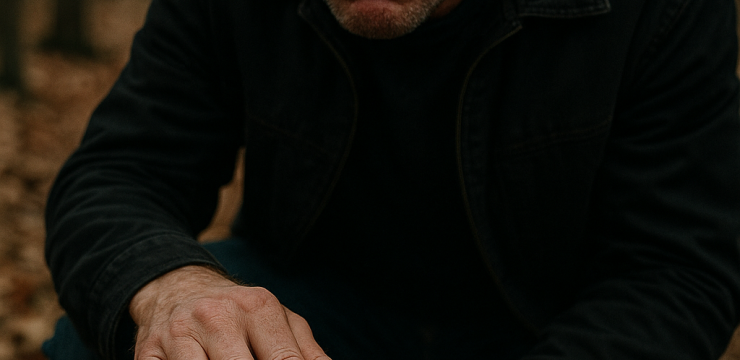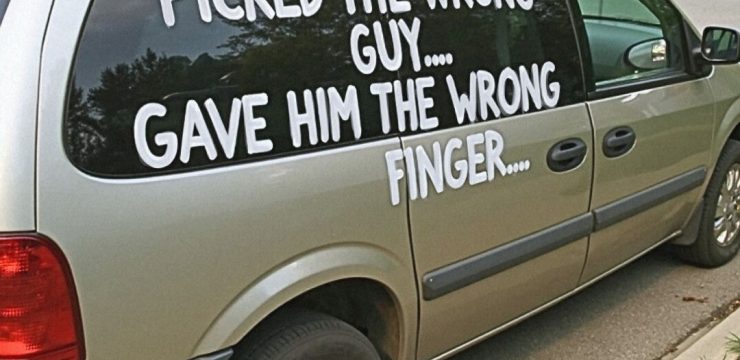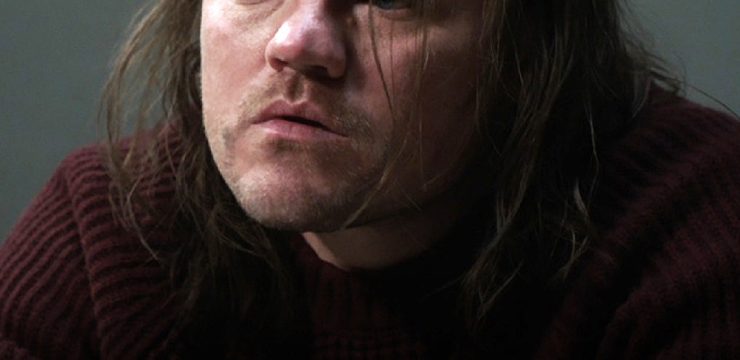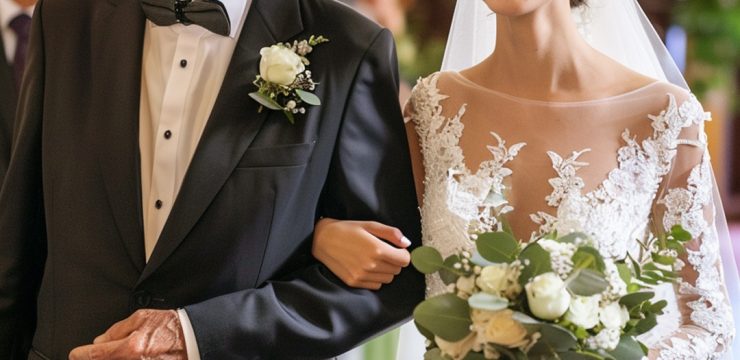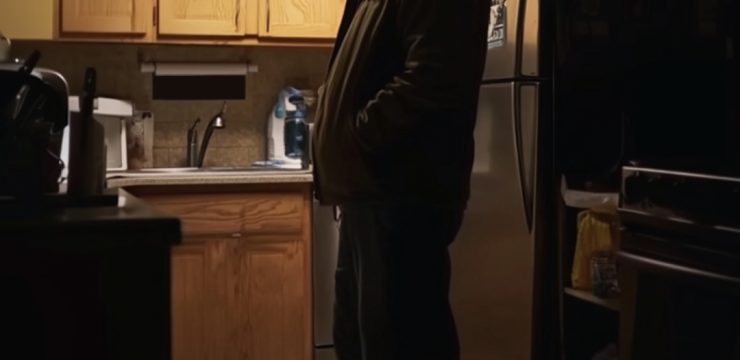The letter arrived in a plain white envelope, my name written in Grandma’s familiar cursive. I smiled, setting aside the usual stack of bills to open hers first. Her letters always warmed my heart. But when I pulled out the single sheet of paper and read the first few lines, my smile vanished.
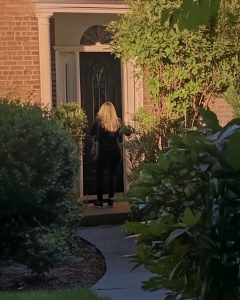
“Please don’t visit me anymore. I’ve changed the locks. I need space and peace now. Don’t call. Don’t write. Just let me be.”
I froze. My breath caught. The words didn’t make sense. The page trembled in my hands as the cheerful sounds of birds outside suddenly felt distant. I whispered into the quiet room, “This can’t be real.” I reread it. Over and over. The message stayed the same.
I paced my apartment in disbelief, clutching the letter. Our last visit was perfect—we’d baked cookies, she’d taught me a new trick with vanilla extract. She hugged me tight when I left. Nothing was wrong.
With shaking hands, I called Jenna, my older sister. She answered on the fourth ring, sounding distracted. “Did you get a letter from Grandma?” I asked without any pleasantries.
A beat of silence. Then, “Yeah. No more visits. She changed the locks.”
“But… why?”
“People cut ties, Claire. Maybe she’s done with us.”
“She raised us,” I said, stunned. “After Mom and Dad—”
“I remember,” she cut in. “But I’ve got a meeting. We’ll talk later.” The line went dead.
The coldness in her voice left me feeling worse. I called Marie, our youngest sister. She picked up right away.
“I was just about to call you,” she said.
“You got the letter too?”
“Yeah. I tried calling Grandma, but it goes straight to voicemail. I don’t get it.”
“Neither do I. Jenna got one, too.”
Marie’s voice was tight. “Something’s wrong. Grandma would never shut us out.”
She was right. Grandma raised us after our parents died. She was our home, our constant. We’d always been close. There was no way she’d cut us off without reason.
“I’m going there tomorrow,” I said.
“She told us not to.”
“I don’t care. Her health hasn’t been great. I need to know she’s okay.”
The next morning, I drove to Grandma’s house, heart pounding. I brought banana bread, still warm, wrapped in a checkered towel. The house looked unchanged—neat garden, wind chimes swaying, the old wooden bench out front. But the curtains were drawn. No lights on. I tried the door. Locked. My key didn’t work.
The letter was real.
I knocked. No answer. I waited. Nothing. I turned and walked back to my car, feeling defeated. But I didn’t drive far. I parked at the corner and stared at her house in the rearview mirror, a strange feeling urging me to stay.
About thirty minutes later, a pickup truck pulled into Grandma’s driveway. I squinted. A woman stepped out and walked up to the door. She had a key. She let herself in without knocking.
I blinked. What just happened? The locks were changed—none of us were supposed to have access. So why did Jenna have a key?
Five minutes later, I stormed up to the door and pounded on it. Jenna opened it, startled.
“What are you doing here?” she asked.
“I should be asking you that,” I said, stepping inside.
Grandma was in the living room, sunk into her floral couch, wrapped in a blanket. Her knitting sat beside her, untouched. She looked smaller, weaker, her eyes unfocused. I rushed over.
“Grandma? Are you okay?”
She blinked, then smiled faintly. “Claire? You came?”
“Of course. Why wouldn’t I?”
Her brows knit together. “I wanted to write, but Jenna said you and Marie were too busy. That you didn’t want to come anymore.”
I froze. “You didn’t write the letter?”
Grandma looked confused. Behind me, Jenna stiffened.
My heart sank. “You did this?” I asked Jenna, voice trembling.
She said nothing at first, then muttered, “She needs someone full-time. I moved in. I quit my job. I did what had to be done.”
“So you forged a letter in her handwriting? Cut us off to make her think we didn’t care?”
“You don’t understand,” Jenna snapped. “You come once a week with banana bread and think that’s enough.”
“Then ask for help! Don’t isolate her.”
“She wouldn’t have signed the new will if I hadn’t.”
The room went still. Grandma sat up. “New will?”
Jenna went pale.
“What did you make me sign?” Grandma’s voice cracked.
No response.
“I thought it was insurance paperwork,” Grandma whispered. “You said it was for my care.”
“It was,” Jenna said, but her voice lacked conviction.
I pulled out my phone. “I’m calling Marie. Then a lawyer.”
“Claire, don’t be dramatic—”
“This isn’t drama. This is elder abuse.”
Jenna flinched.
“I’d never hurt her,” she said.
“But you did,” Grandma said quietly. “You hurt all of us.”
That night, Marie came. We explained everything to Grandma. She wept, believing we’d abandoned her. We swore we hadn’t. The lawyer returned the next week. The fraudulent will was destroyed. The original reinstated.
A new clause was added—any further manipulation meant removal from her will permanently.
Jenna didn’t fight it. But the damage lingered. Grandma had mourned us while we were still here, still loving her.
I visited daily from then on. Marie came three times a week. We created a schedule. Slowly, Grandma’s spirit returned, though her smile never fully reached her eyes.
Jenna stayed too, quieter now. Sometimes Grandma accepted her help. Other times, she asked her to leave.
“Will you ever forgive her?” I asked one day while folding laundry.
“I already have,” Grandma said. “Forgiveness is easy. It’s trust that’s hard.”
I nodded, finally understanding.
Then she took my hand. “Promise me you girls won’t stay broken. Family matters more than pride.”
I couldn’t promise. Not yet. But I did vow this—no one I love will ever be shut out again. Not by lies. Not by silence. Not by those who claim to protect.
Some letters leave scars. But some scars can remind us what love should never become.
